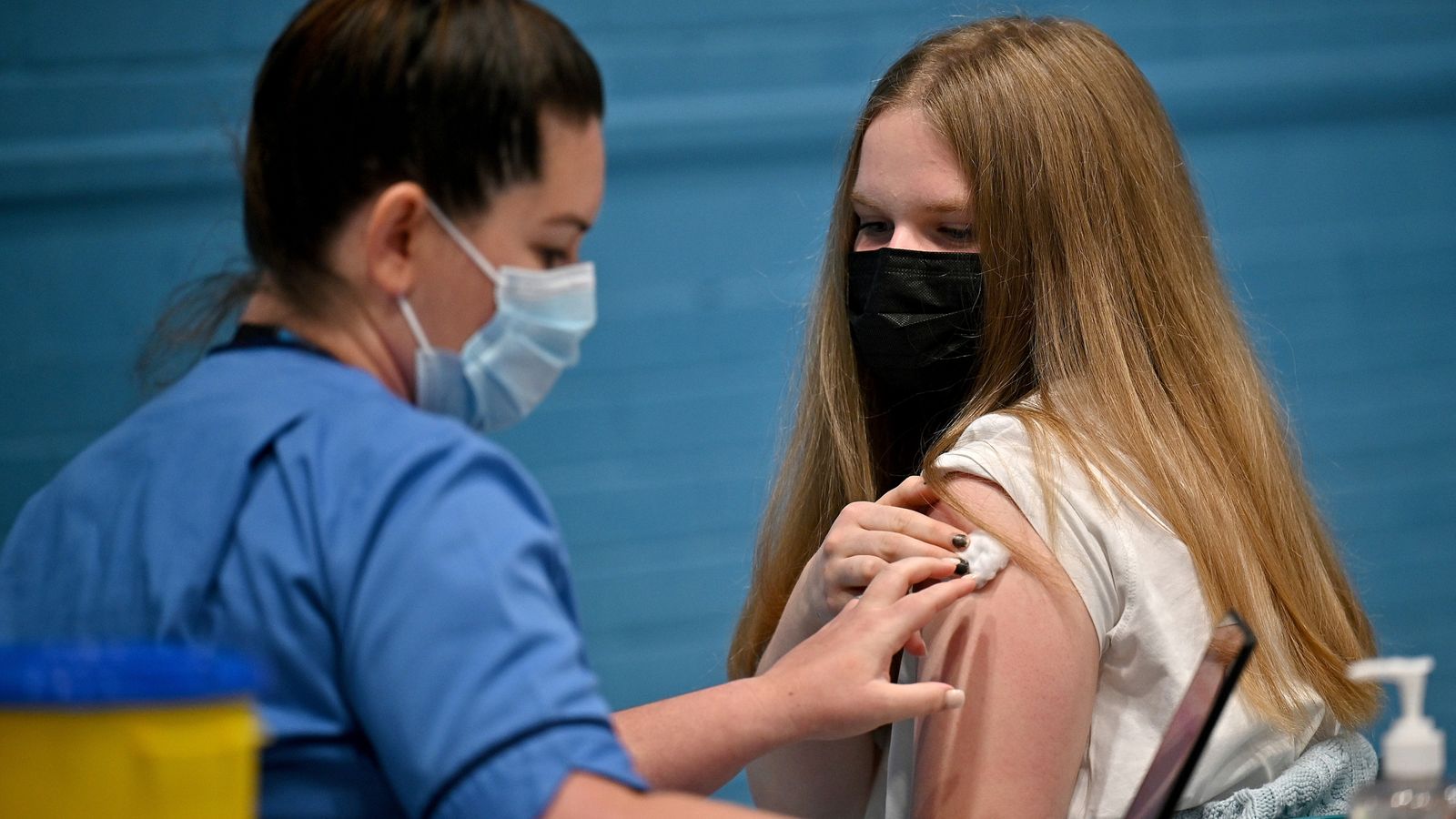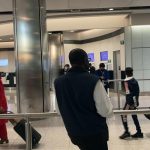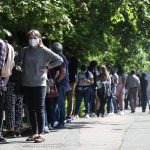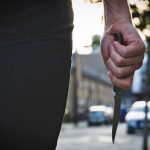Millions more adults and children could be offered extra COVID-19 jabs under emergency measures to limit the spread of the Omicron variant.
Experts on the Joint Committee on Vaccination and Immunisation (JCVI) are due to make a decision on offering booster jabs to all over-18s and cutting the gap before a third dose as early as Monday, according to Whitehall sources.
The group are also considering whether second doses should be offered to 12 to 15-year-olds, who currently are only entitled to one.
JCVI deputy chairman Professor Anthony Harnden said extending the age range for boosters and reducing the gap between second and third doses was “a sensible strategy”.
The expansion of the vaccination programme is just one part of a host of measures aimed at preventing the spread of the Omicron variant, and follows the discovery of a third UK case.
Please use Chrome browser for a more accessible video player
An “urgent” meeting of G7 ministers gets under way today to discuss the COVID-19 variant first detected in South Africa amid concerns it could spread rapidly and partially evade existing jabs.
Pupils and teachers in year 7 and above are now being “strongly advised” to wear masks in communal areas outside classrooms in England.
COVID-19: Three weeks to assess new Omicron variant – but by then it might be too late
COVID-19: UK calls meeting of G7 health ministers to discuss Omicron variant as third case found in Britain
COVID-19: Cardiff Rugby team unable to leave South Africa after suspected Omicron case
Masks become compulsory again on public transport and in shops, banks, post offices, and hairdressers from 4am Tuesday, when isolation rules will return for international arrivals until they receive a negative PCR test on or before day two.
Please use Chrome browser for a more accessible video player
It is hoped the new measures will buy time for scientists to gain a greater understanding of Omicron as ministers put the NHS on notice to deliver many more vaccines every day.
Dr Jenny Harries, the chief executive of the UK Health Security Agency, acknowledged it was “very likely” that further cases of Omicron would be discovered in the coming days.
But Health Secretary Sajid Javid told families they should plan for a “great” Christmas “as normal” and insisted it was “nowhere near” time to reintroduce social distancing rules and work-from-home guidance.
Close contacts of positive Omicron cases have already been ordered to isolate for 10 days even if they are vaccinated under emergency measures announced over the weekend.
Please use Chrome browser for a more accessible video player
Prime Minister Boris Johnson has pledged that the added restrictions will be reviewed in three weeks’ time.
Although, some experts have suggested that the additional face-masks requirement doesn’t go far enough as it doesn’t include hospitality.
Dr Channd Nagpaul, chair of the British Medical Association, told Sky News that it “doesn’t make sense” to ask for masks in shops and on public transport as the virus can spread in “any crowded indoor setting”.
A third case of the variant was detected in the UK on Sunday. It was found in a person with travel links to southern Africa, who visited Westminster (the borough and not parliament) before leaving the country.
Health Secretary Sajid Javid announced two other cases on Saturday.
The first two infections were identified in Nottingham and Essex, where officials were ordering PCR tests for customers of a KFC in Brentwood as far back as 19 November.
Follow the Daily podcast on Apple Podcasts, Google Podcasts, Spotify, Spreaker
Mr Javid has played down any need to resort to the government’s COVID plan B and reintroduce social-distancing rules or work-from-home guidance.
He warned of the “very heavy price” of additional restrictions, adding: “So, if one was to make decisions like that they would have to be done very, very carefully and we’re not there yet, we’re nowhere near that.”
The variant has prompted the UK to place ten African countries on the red list – South Africa, Namibia, Lesotho, Botswana, Eswatini, Zimbabwe, Angola, Mozambique, Malawi and Zambia.






















